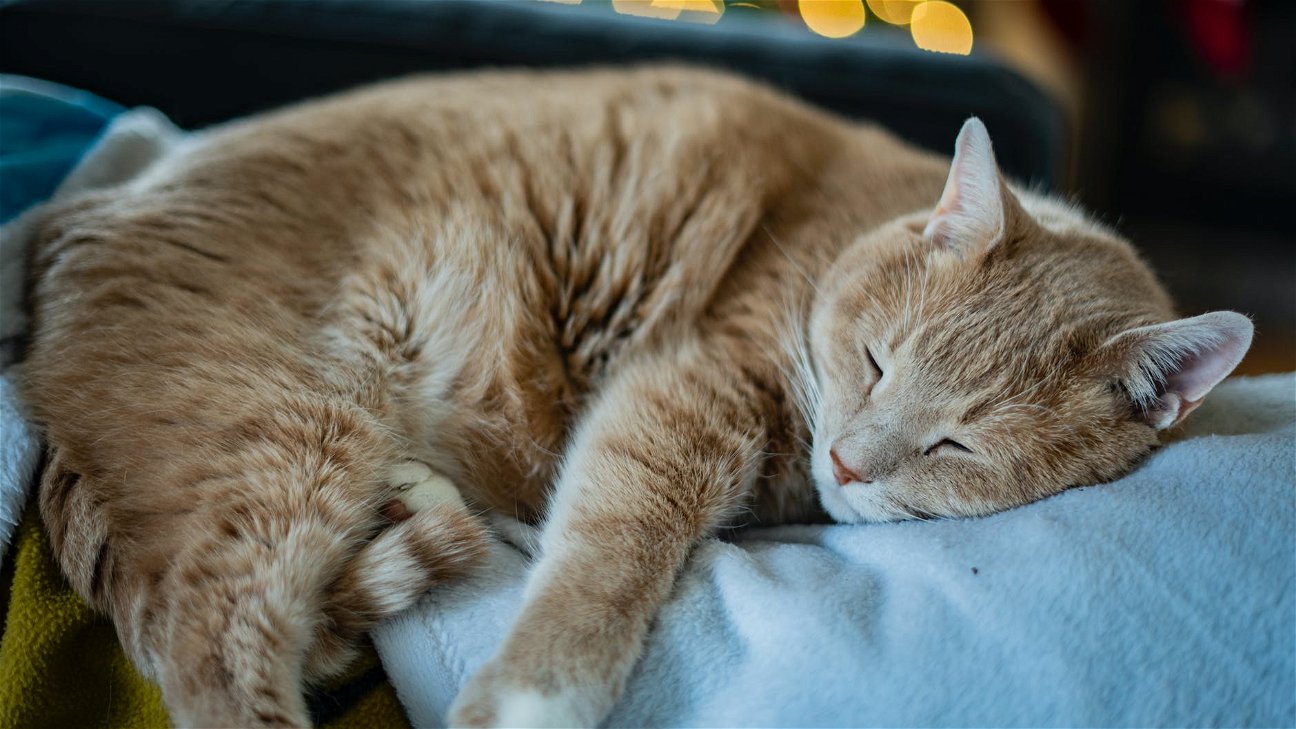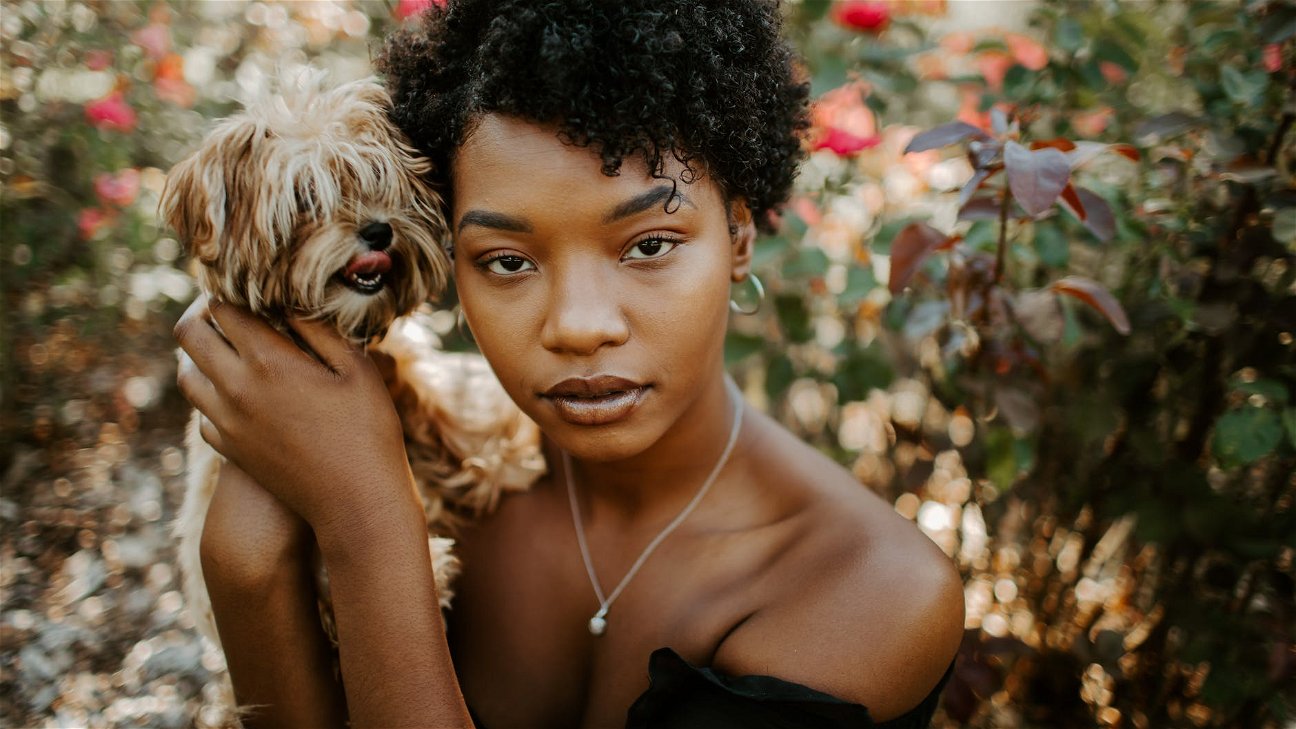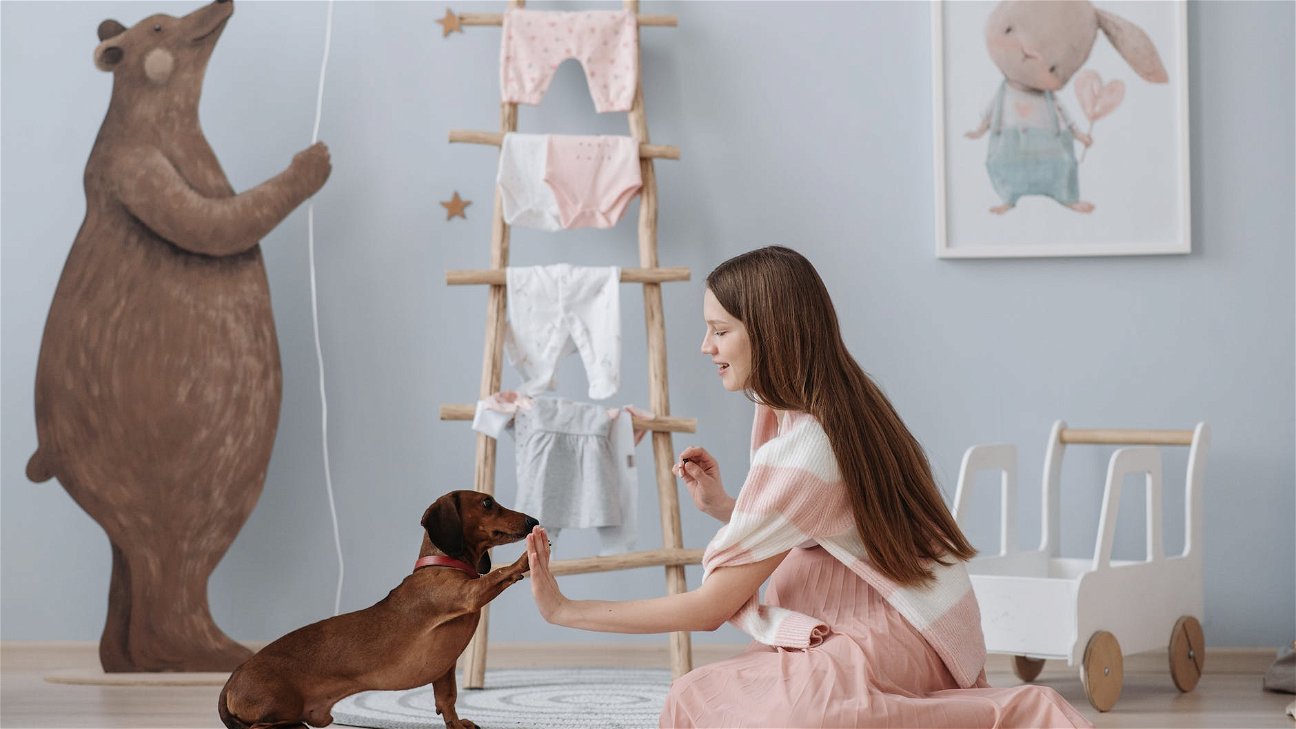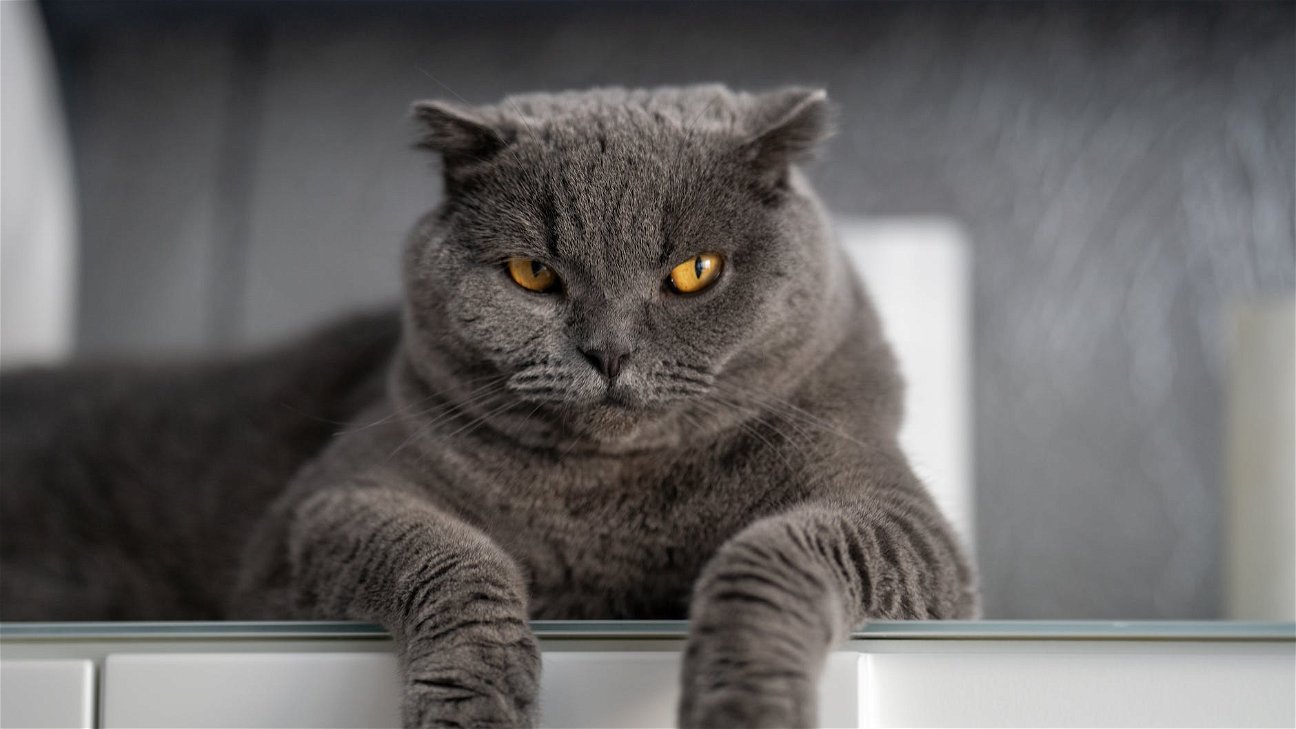
If you're a pet owner with a love for gardening, keeping your furry friends safe while they explore your outdoor space is crucial. Pets are naturally curious creatures, and this can sometimes lead to them getting into trouble. That's why pet-proofing your garden is so important.
Understanding the risks
There are various hazards in the garden that pets can encounter. These include toxic plants, harmful pesticides, sharp tools, and dangerous garden features like ponds or steep drops. Dogs and cats, in particular, have a knack for getting their noses into places they shouldn't.
Identifying harmful plants
Many common garden plants can be harmful to pets if ingested. These include lilies, rhododendrons, daffodils, azaleas, and foxgloves. Always do your research before introducing new plants into your garden to ensure they're safe for your furry companions.
Avoiding chemical use
Pesticides and fertilizers can be very harmful to pets if ingested. Whenever possible, opt for organic, pet-friendly options. This also goes for mulch and compost, which can contain harmful elements if ingested.
Securing garden features
If you have a pond or a similar water feature in your garden, make sure it's adequately fenced off to prevent your pets from falling in. Similarly, ensure that any steep drops or high walls are secured to prevent accidents.
Installing pet-friendly fencing
A secure fence is essential for keeping your pets safe in the garden. It should be high enough that your pets can't jump over it, and secure enough that they can't dig under it. Consider installing a cat-proof fence if you have a cat who likes to wander.
Creating a pet-friendly garden
Here are some tips for creating a pet-friendly garden:
- Opt for pet-friendly plants: Choose plants that are safe for pets. Some pet-friendly plants include roses, sunflowers, and snapdragons.
- Create safe play areas: Designate certain areas of your garden for your pets to play in. This can help keep them away from potentially dangerous areas.
- Provide shaded areas: Ensure there are shaded areas where your pets can cool off on hot days.
- Keep tools and chemicals out of reach: Store garden tools and chemicals out of your pets' reach to prevent accidents.
With these tips, you can enjoy your gardening hobby while keeping your beloved pets safe. Remember, the key to pet-proofing your garden is to think like your pet and anticipate any possible dangers.










